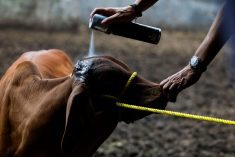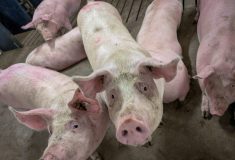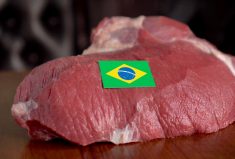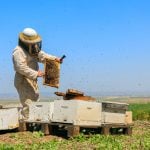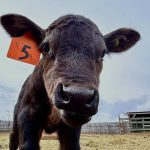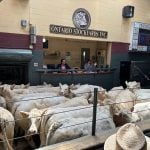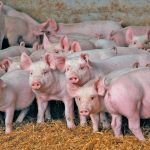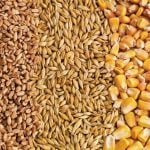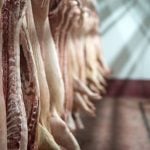Far-eastern regions of Russia are expected to show interest in breeding cattle from British Columbia now that Russia has re-opened its ports to Canada’s westernmost province.
The Canadian government announced Wednesday that Russia has lifted its ban on B.C. breeding cattle, allowing for "immediate" exports.
That move, the government said, could be worth up to $8 million per year in Russian market access for Canadian cattle, up as much as 30 per cent from 2011 levels.
Russia’s Rosselkhoznadzor food safety agency has relaxed several of the bans it had imposed on Canadian cattle and beef on the discovery of Canada’s first domestic case of BSE in 2003. In April 2007 it allowed "single importations" of breeding cattle born and raised in all other Canadian provinces.
Read Also
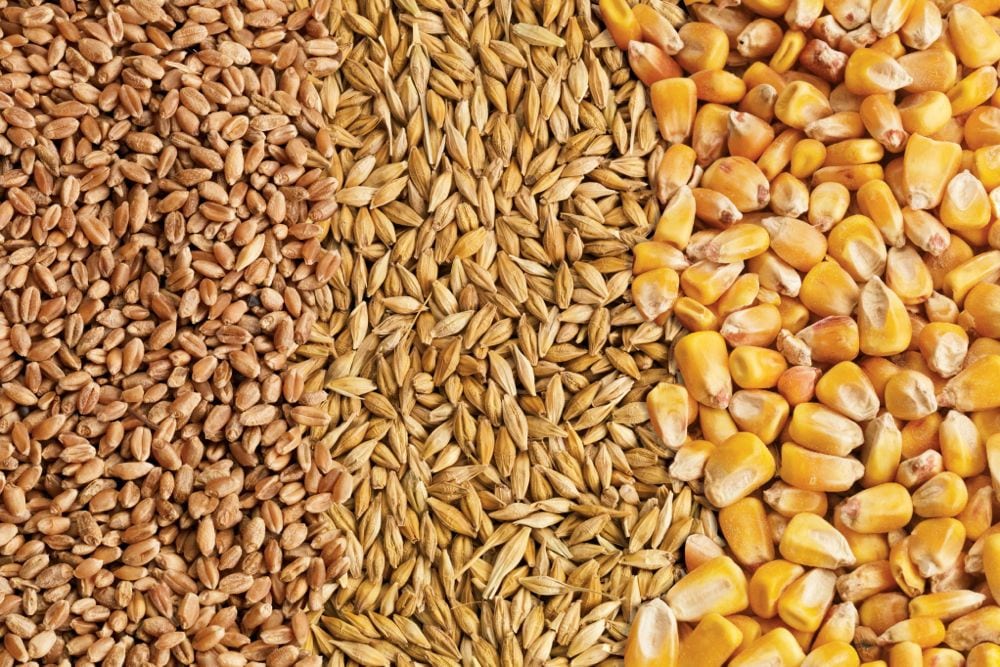
Feed Grains Weekly: Price likely to keep stepping back
As the harvest in southern Alberta presses on, a broker said that is one of the factors pulling feed prices lower in the region. Darcy Haley, vice-president of Ag Value Brokers in Lethbridge, added that lower cattle numbers in feedlots, plentiful amounts of grass for cattle to graze and a lacklustre export market also weighed on feed prices.
B.C. at that time was just days away from discovering its second case of BSE, in a Fraser Valley dairy cow. The province had then been home only to one case — Canada’s fifth — in a Holstein cow in the Fraser Valley in April 2006. Two more BSE cases would be found in the province in 2008.
Over his last three trade missions to Russia, the Canadian government said Wednesday, Agriculture Minister Gerry Ritz has reiterated that Canadian cattle are safe "and that there is no scientific reason to restrict access."
The government said it expects the move will allow Canada to supply Russia’s far-eastern territories with animals adapted to a "similar" climate and "at a competitive price."
Ritz said Wednesday that the decision "recognizes Canada’s increasingly strong trade relationship with Russia."
After its BSE-related ban on Canadian cattle and beef in 2003, Russia re-opened to Canadian cattle embryos in 2004 and to Canadian boneless beef and offal in 2007.
Related stories:
Canada finds 15th BSE case in B.C., Nov. 17, 2008
Feed ration suspected in BSE Case 13, Nov. 8, 2008




